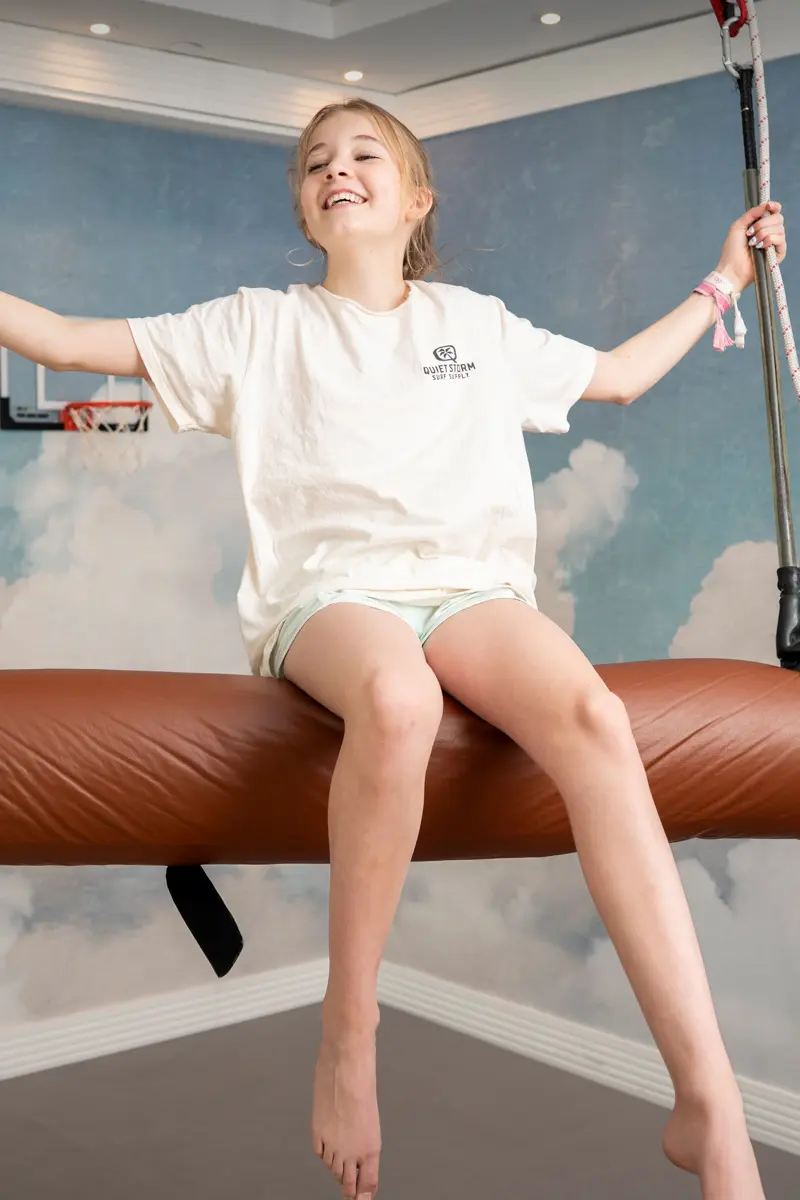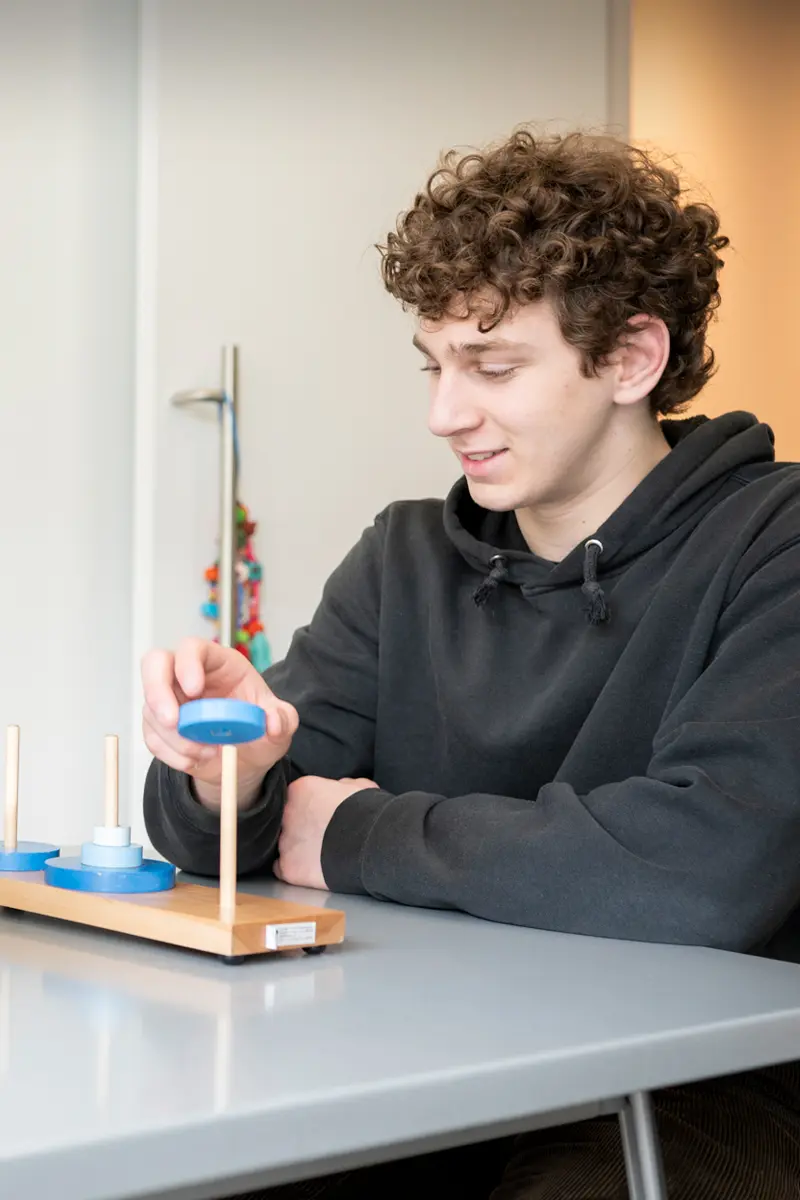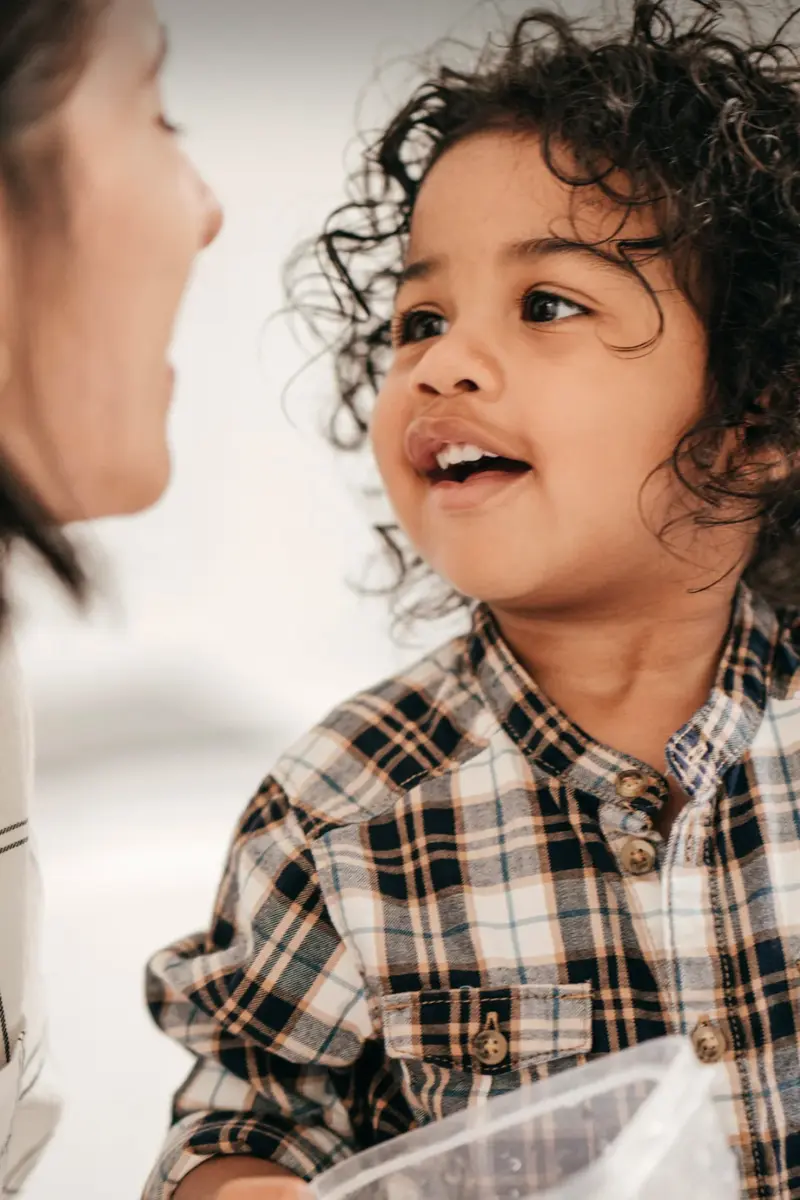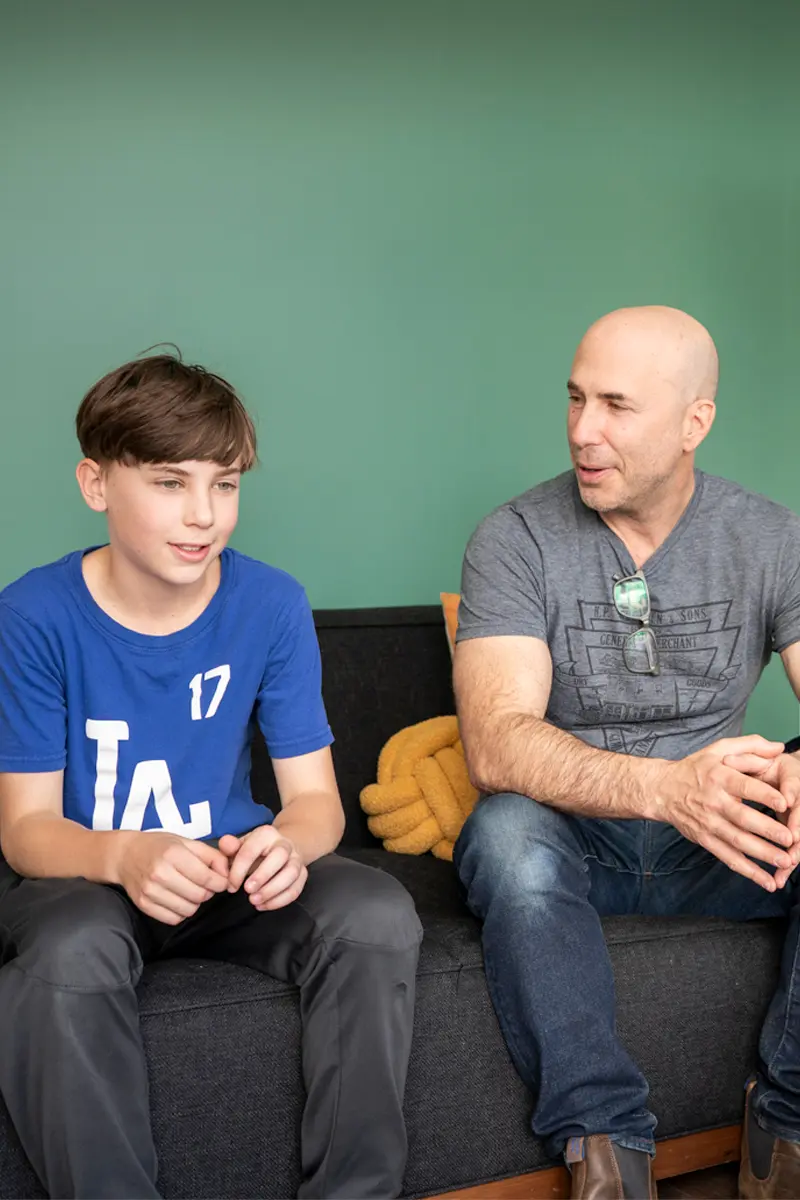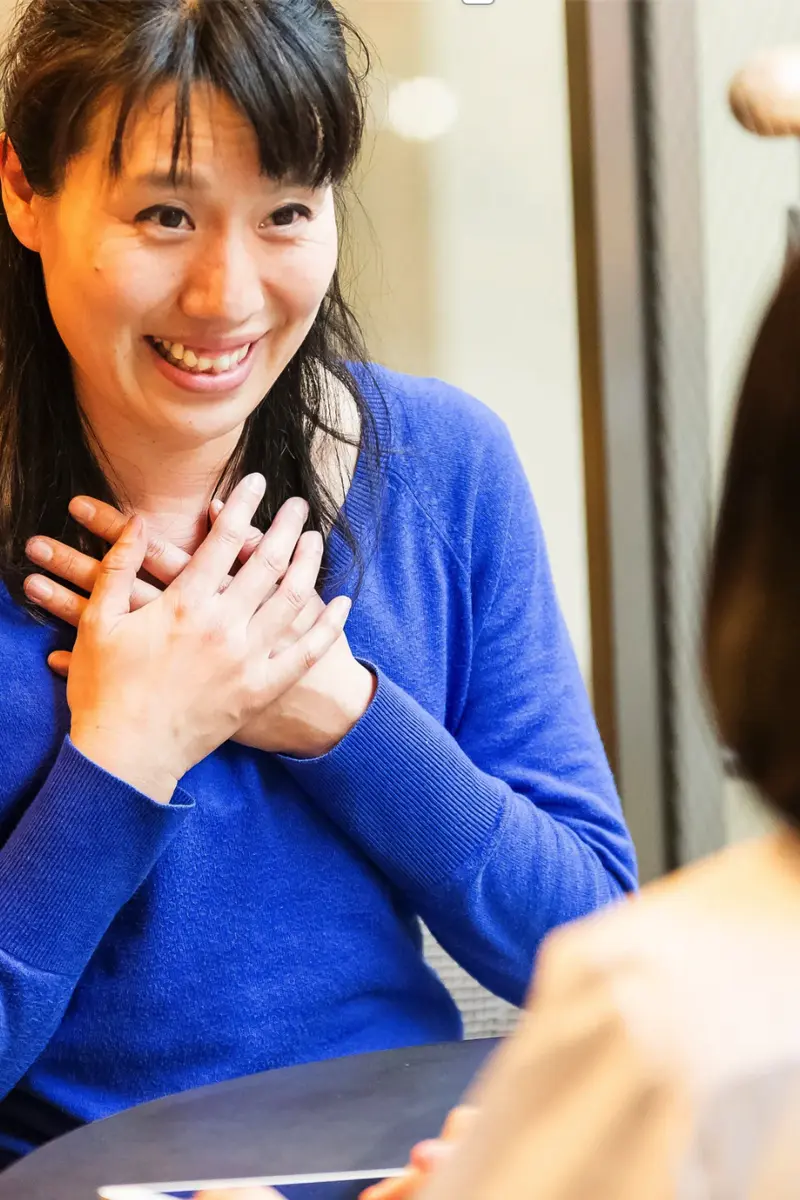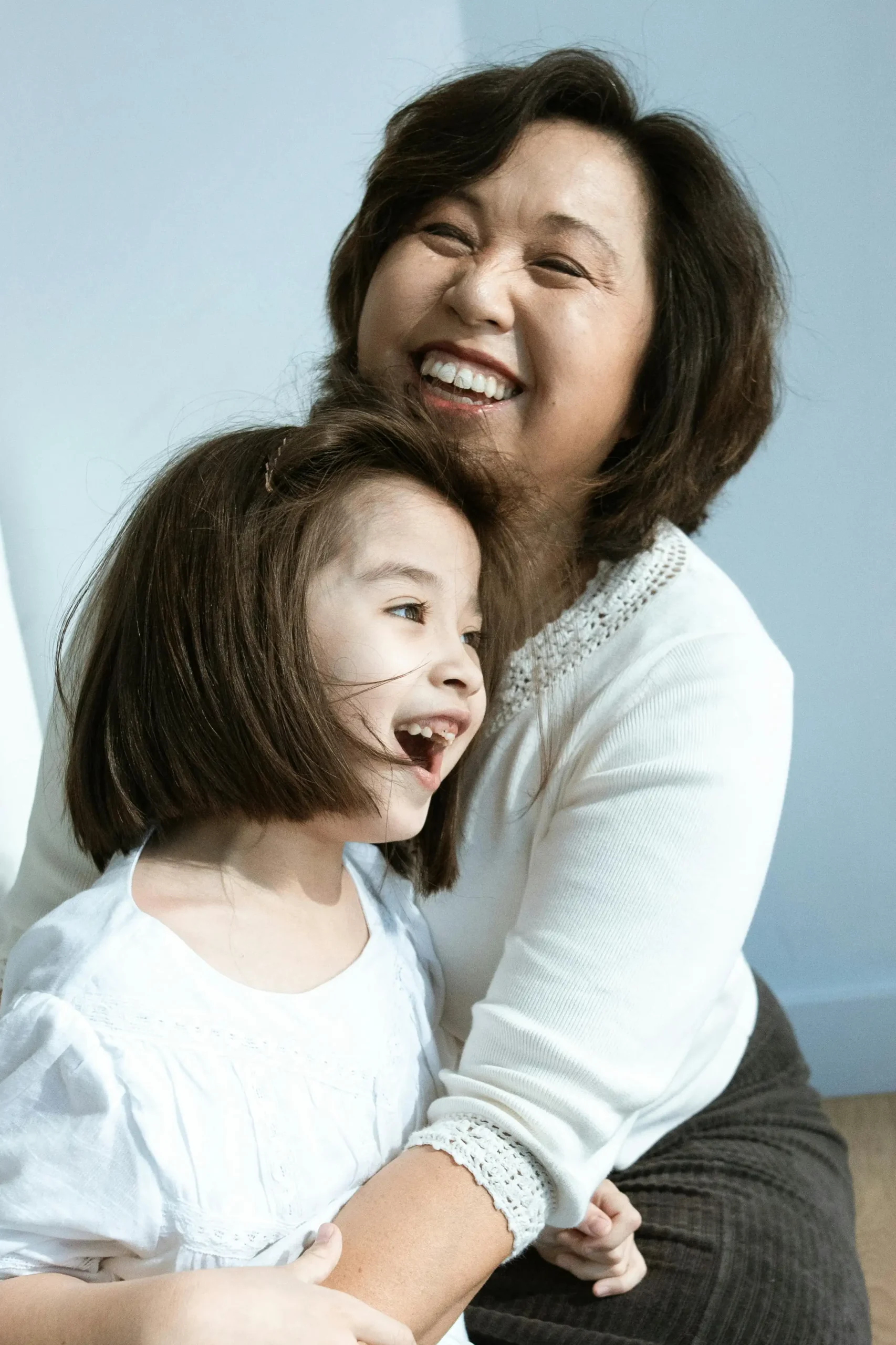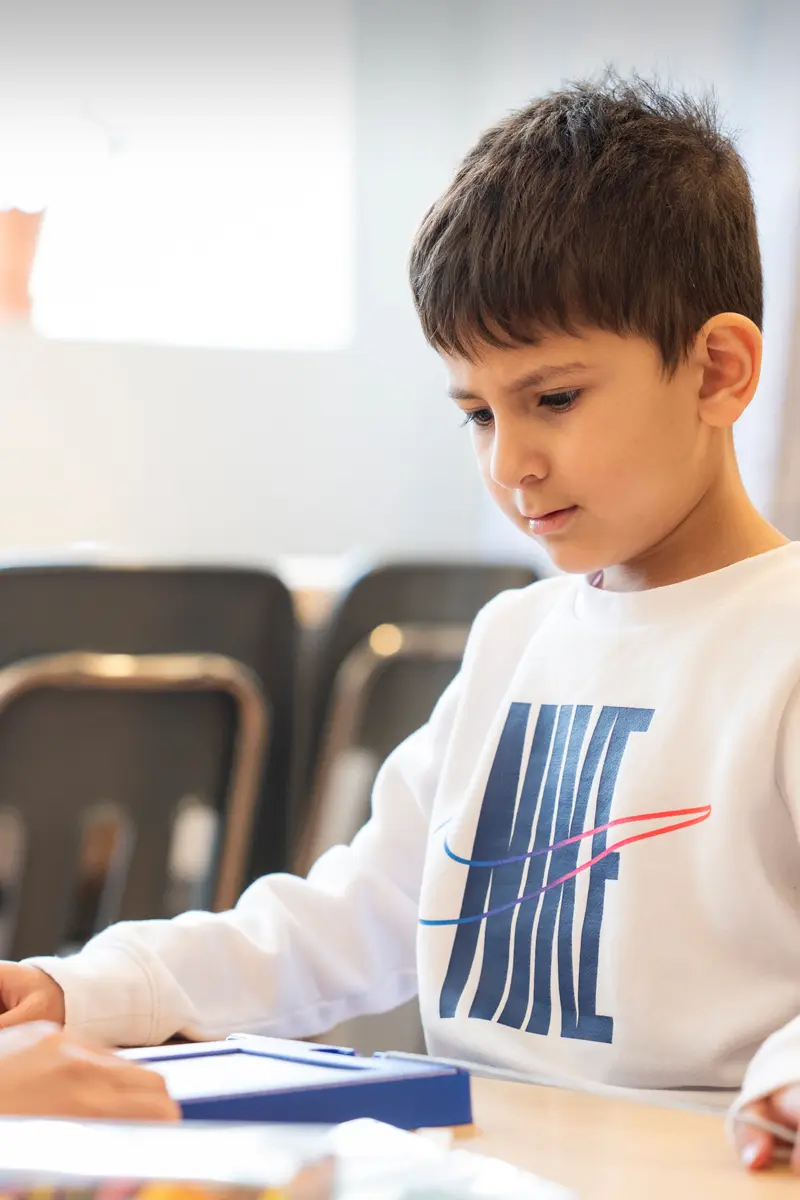This guide is designed to help you talk to your child about ADHD with clear, supportive, and affirming messaging. By using age-appropriate, relatable language, you can help them understand what ADHD is, how it impacts their daily life, and how they can be supported to thrive. Our goal is to focus on their strengths while addressing challenges, giving them the confidence to embrace their differences and take charge of their ADHD journey.
Share the facts
What is ADHD
ADHD is a condition that affects how the brain manages attention, emotions, behaviour, effort, and time. It’s not a flaw or a failure—it’s a difference in how the brain works. ADHD can come with unique challenges, but it also brings incredible strengths.
You might say:
- “ADHD means your brain works differently than brains that don’t have ADHD, and that’s okay. Some things might feel harder for you, like focusing or finishing tasks, but you’re also really creative and full of great ideas.”
- “You didn’t do anything to cause ADHD—it’s just how your brain works. You were born with it, and it’s something lots of kids, teens, and adults have.”
You may also be interested in ADHD Myths & Misconceptions.
How ADHD can impact daily life
Help your child understand how ADHD shows up in their day-to-day experiences. Use simple examples that reflect common challenges.
Attention
Your brain sometimes has trouble focusing on things that feel hard, unimportant or boring to you, but it can also focus very strongly on things you find exciting or interesting. That’s called hyperfocusing—it’s like having a superpower for the things you love, but sometimes it’s hard to pull away when you need to.
Effort
Starting or finishing tasks can feel really tough, especially if they’re boring or take a long time. It’s not because you’re lazy—it’s because your brain works differently.
Emotions
Your brain often feels emotions very strongly, like getting upset quickly or feeling super excited about something. That’s part of having ADHD, and we can learn ways to manage those big feelings.
Actions
Sometimes ADHD can make it hard to pause and think before saying or doing something. Your brain might act quickly, like blurting out an answer in class, interrupting a conversation, or starting a new activity before finishing another one. This isn’t intentional—it’s just how your brain works. Learning strategies to slow down and think things through can help you make choices that work better for you and the people around you.
Task and Information Management
It might be tricky to keep track of all the things you need to do or remember where you put something. That’s why tools and strategies, like checklists or reminders, can help make things easier.
Reassure them: ADHD is just one part of who they are
Make sure your child knows ADHD doesn’t define them. It’s one piece of their story, and everyone has things they’re working on.
You might say:
- “It’s okay to need help with some things—everyone does. We’re figuring out what works best for you.”
- “ADHD is a part of who you are, but it’s not all of who you are. You have so many amazing qualities, like being creative, curious, or full of great ideas.”
Focus on strengths and growth
Explain that while ADHD comes with challenges, it also brings incredible strengths. With the right tools and strategies, they can thrive.
You might say:
- “Just like you can build stronger muscles by exercising, we’re working on building tools to help you with things like focusing, staying organized, and managing time. It’s all about growing stronger together.”
- “Your ADHD brain is great at thinking outside the box, coming up with creative solutions, and noticing things others might miss. That’s a superpower!”
Keep the conversation open
Talking about ADHD isn’t a one-time thing. Encourage your child to share how they’re feeling and let them know it’s okay to ask questions anytime.
You might say:
- “How do you feel about what we’ve talked about? Is there anything you want to ask or share?”
- “If you ever want to talk about ADHD, I’m always here to listen and help.”
Empower their potential
Frame ADHD as a challenge they can learn to manage and as part of what makes them unique. With the right support, your child can thrive.
You might say:
- “ADHD doesn’t stop you from being incredible—it’s just a part of your story, and we’re figuring out how to make it work for you.”

